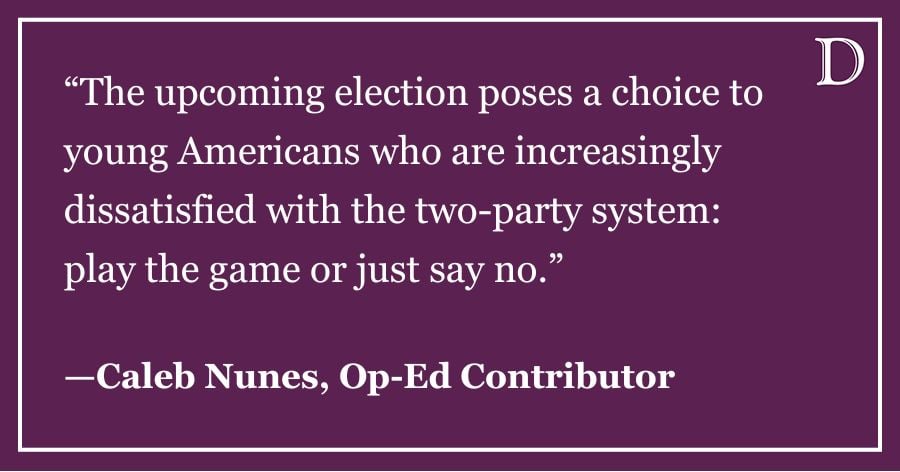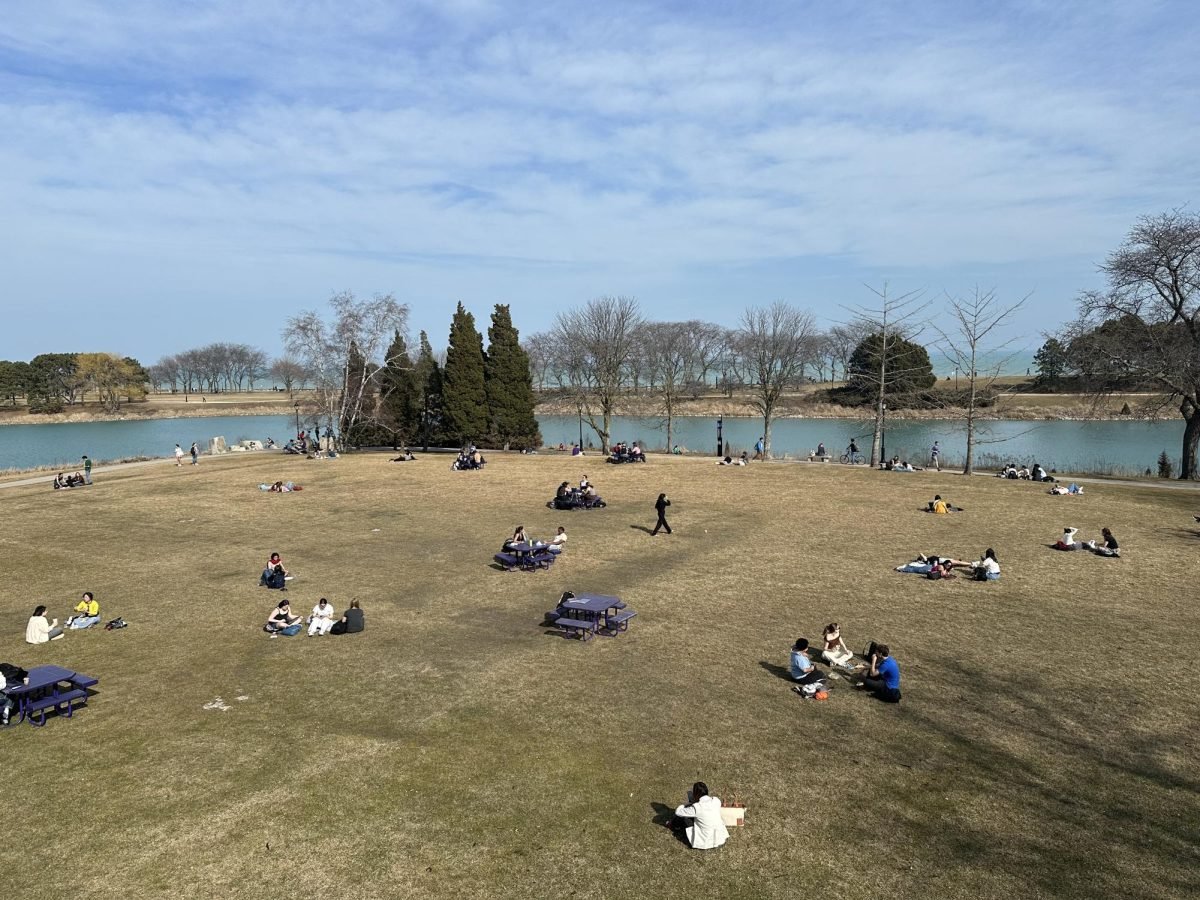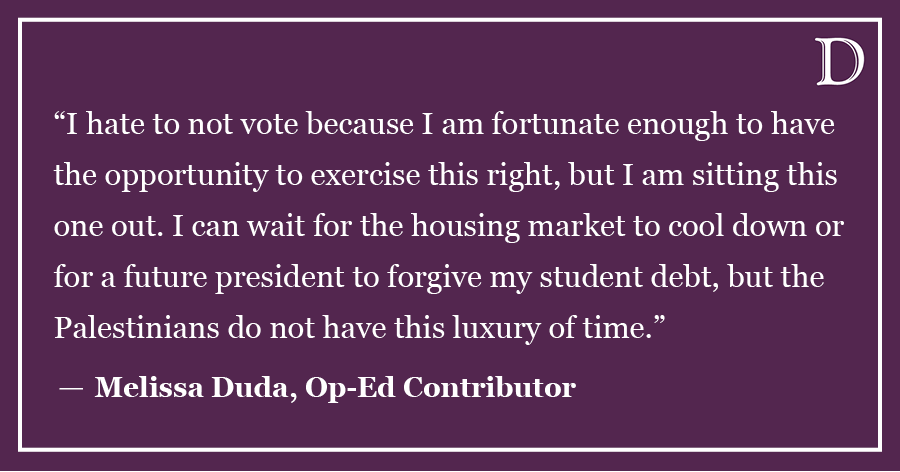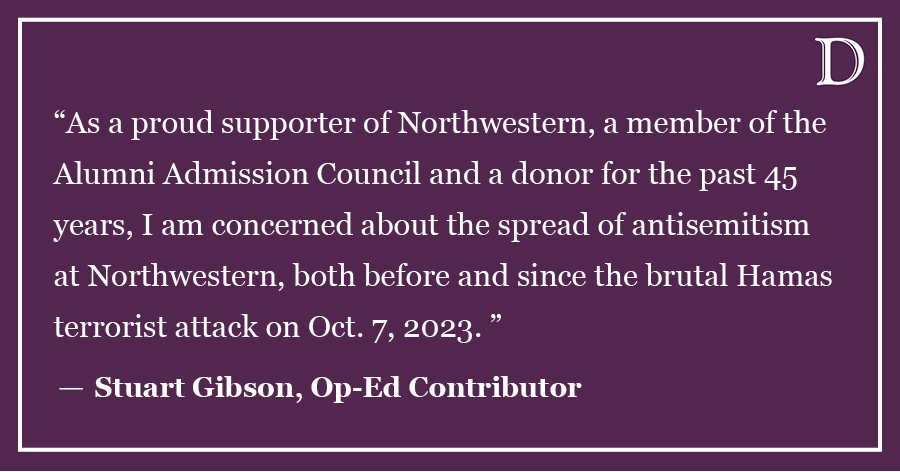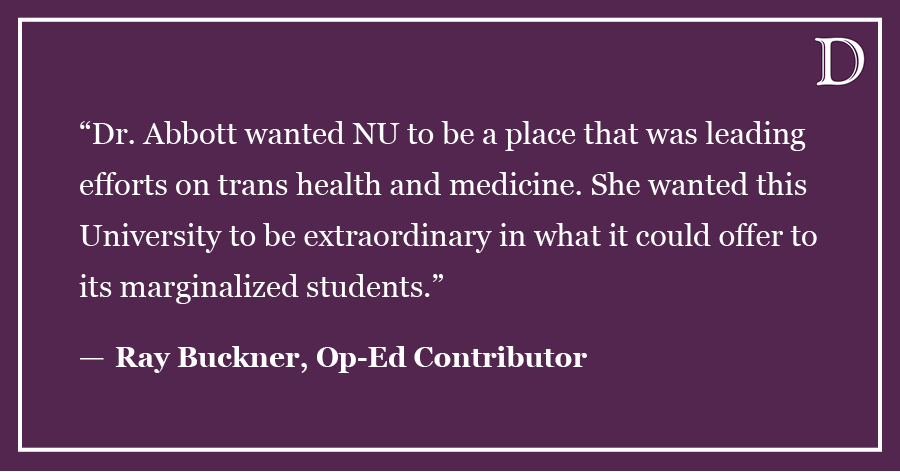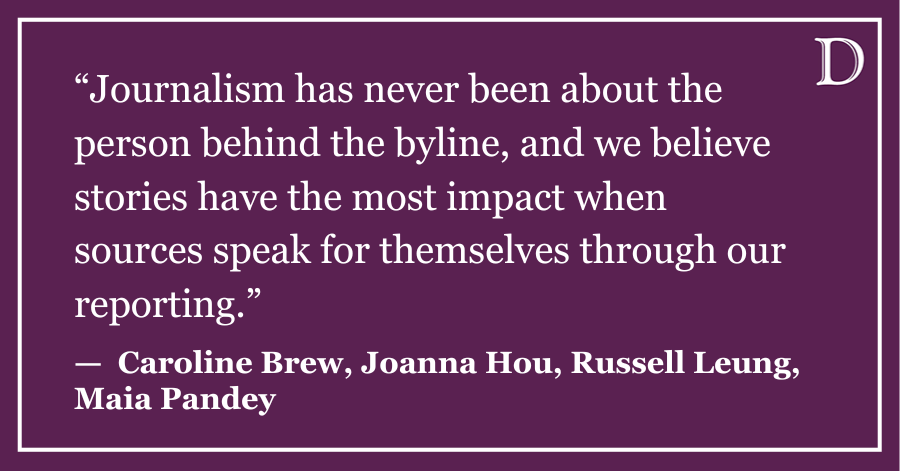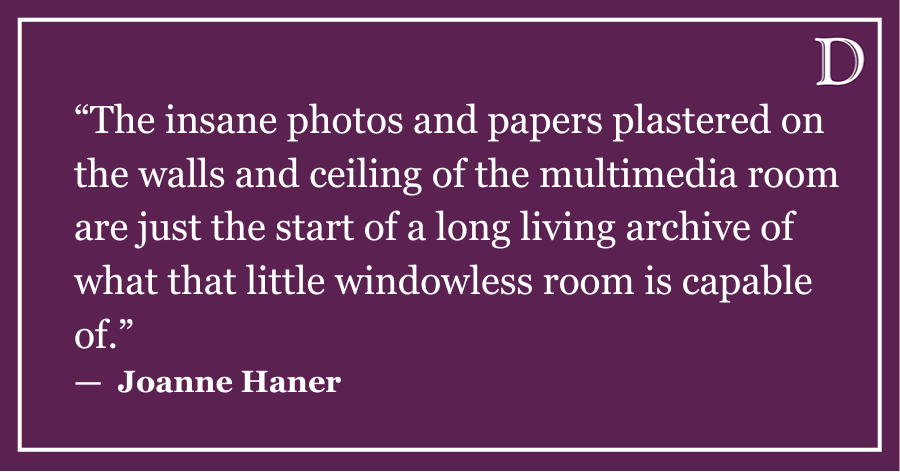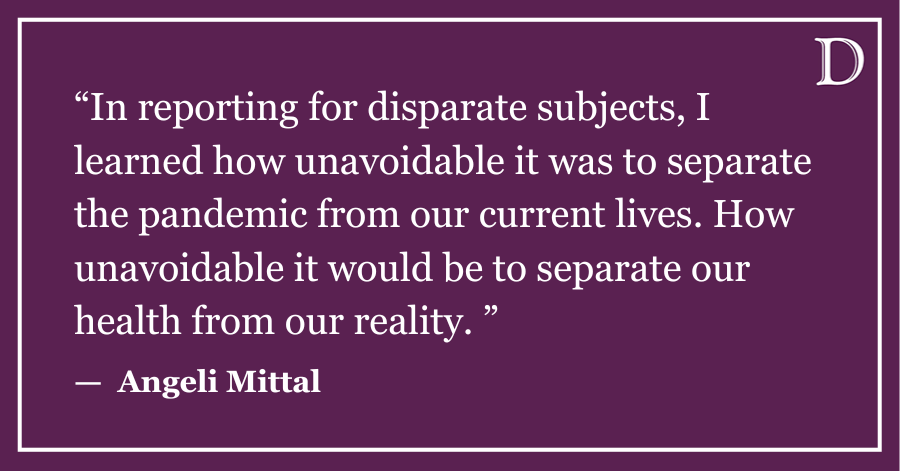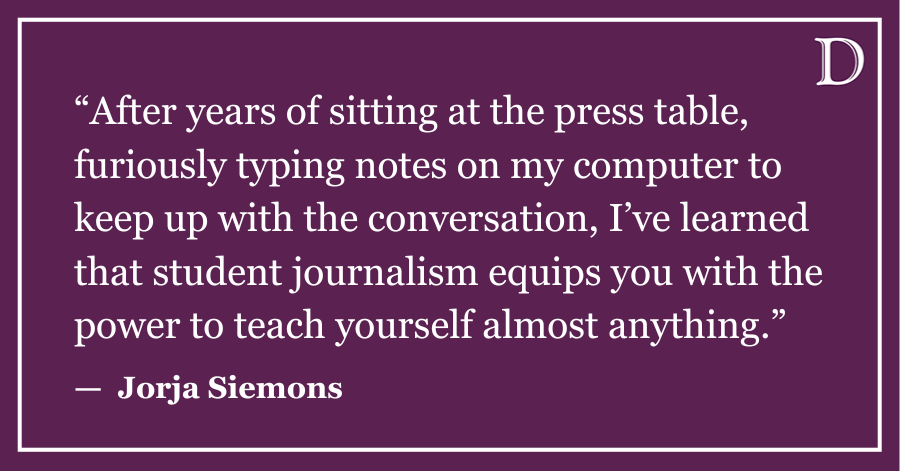In 2023, Earth’s global surface temperature approached 1.5 °C over the pre-Anthropocene level. This temperature anomaly was, however, not spread uniformly across the globe. For Canada’s Northwest Territories and the oceans around Antarctica, the temperature anomaly exceeded 6 °C. Despite these terrifying trends, the 28th Conference of the Parties to the United Nations Framework Convention on Climate Change (COP28) did not go beyond an awful lot of ‘blah blah blah,’ as Greta Thunberg put so well on another occasion. Things being what they are, we firmly remain on a path for a temperature anomaly that will surpass 3 °C by 2050.
Despite the catastrophic trajectory humanity is on and the lack of actual action, the vast majority of academics in the U.S. have remained publicly silent about this issue, even though, better than most, they have the tools to understand the situation and the risks of inaction. This silence is all the more surprising if one were to believe the so-called warnings about the radicalism, leftism and ‘wokeness’ of university professors.
Some academics justify not speaking out because they worry it will affect their chances of getting tenure, getting promoted, getting a raise or being nominated for an award. At the individual level, this is clearly a rational decision. But, by being individually rational, we forget that heeding warnings about the future — and cooperating with others — has been the key to human success for tens of thousands of years.
Sadly, the narcissism, cupidity and pettiness of the Ackmans, Bezoses, Gateses and Ryans of the world has convinced many of us to ignore or stay publicly silent about the disastrous conditions plaguing our world — armed conflict, climate change, inequality, superpower competition or worldwide pandemics.
Real action on climate change continues to be suppressed because of greenwashing strategies, such as carbon offsets, which appeal to individual action when the problem is systemic and requires regulatory action. Similarly, technological solutions such as nuclear fusion and carbon capture are too far off from deployment at a scale of any real use. In contrast, the real, necessary solution — degrowth — is neither researched nor supported by those that should know better.
But climate change is not an isolated case. Our greedy, unjust, inefficient healthcare system continues to siphon money away from all of us into the hands of physician groups bought by private equity, health insurance companies and immensely profitable non-profit hospitals. The necessary solutions — strong public health measures and single-payer universal health care — have been deemed a pipe dream and abandoned by those who should know better.
The reason why outsiders feel justified in talking about academia’s supposed radicalism is that many academics willingly engage in empathy theater. They feel comfortable claiming to see, hear and empathize with members of discriminated groups. In reality, these academics — frequently following the lead of the powerful — see but do not register, hear but do not listen and claim to empathize but do not really want change.
The emptiness of this empathy theater has been demonstrated recently by staggering displays of lack of courage and peer solidarity. Instead of supporting the brave students taking a stand against the ongoing genocide in the Gaza strip, most academics have remained silent as nearly 2 million people are denied aid, thousands of children have been killed, hundreds of academics, journalists and healthcare workers have been murdered, and dozens of hospitals, universities and schools have been destroyed.
Academics have remained on their knees instead of standing for what is right because the going has been so good, for so many, for so long. But that is changing; more and more academic positions are poorly paid, insecure and with no prospects of advancement. In a world with ever increasing inequality, academics should realize they are no longer in secure positions and that their best interest lies not in serving the powerful but in allying with graduate workers and other members of the working class.
They would be wise to see that silence is complicity.
Luís A. Nunes Amaral is a professor of chemical and biological engineering. If you would like to respond publicly to this op-ed, send a Letter to the Editor to [email protected]. The views expressed in this piece do not necessarily reflect the views of all staff members of The Daily Northwestern.












